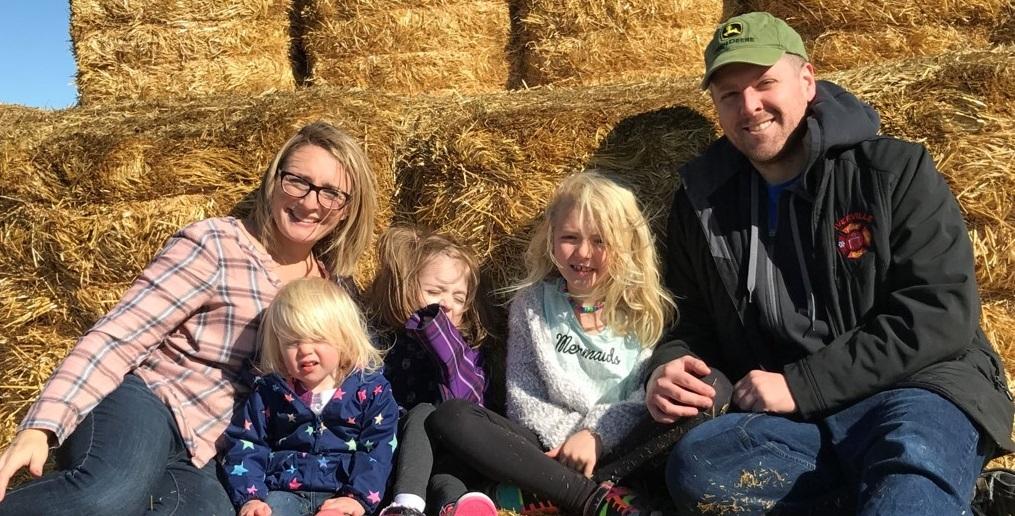Garrett Hawgood of Niverville is a relative newcomer to politics. So new, as a matter of fact, that his Green Party campaign in the Springfield-Ritchot riding last fall got kickstarted just two weeks before the election.
The next provincial election won’t happen until the fall of 2023, but even so, Hawgood is already planning his strategies to make an even bigger dent in the election results than he did last time around.
By all accounts, Hawgood did surprisingly well for a political newbie and a Green Party representative in a traditionally conservative riding. He took third place, following the PCs and the NDP, but came out well ahead of the Liberals. The simple fact that he got 11 percent of the vote across the riding, and a significantly higher percentage in Niverville proper, says something about his brief campaign.
With results like this after such a short run, and with little campaign funding, suggests to Hawgood that there is an important shift going on in the region. He thinks the southeast region is just waiting for the right leader to step up.
“I found a lot of people were open to having conversations about changes and ideas that could have a positive impact on our riding and the province,” Hawgood says of his campaign trail experience.
But he says voters need to remember they are not just voting for a party, but for the person representing that party.
“If you really want to know more about the person that you’re voting for, you ask yourself, ‘What are their motives?’ That can really make a difference. I want people to consider voting for a person rather than just a party.”
Hawgood’s motives for running for politics include wanting to make a positive impact for change at the grassroots level. His passions are for society’s marginalized or those who are continually overlooked, such as the mentally ill and physically handicapped, the LGBTQ, and the Indigenous communities.
Hawgood’s life and work experience have opened doors for him to live and witness the struggles firsthand. His work in hospital emergency rooms and with the Winnipeg Paramedic Services has made it clear to him that the province’s Indigenous peoples aren’t getting the support they need to rise up out of poverty and become gainfully employed. As well, people struggling with mental illness are falling through the cracks of the current medical system and are dying unnecessarily.
His role as the parent of a profoundly disabled child has made him keenly aware of the lack of governmental supports for families in such situations.
In most of these cases, Hawgood believes help comes from understanding and understanding comes from education. Without education, he says people’s choices and attitudes are often fear-based.
“The Green Party is very grassroots,” says Hawgood. “[They] understand that if you fix the socioeconomic problems, all the other problems will eventually work themselves out… It all starts with people having proper food in their stomachs and [accessing adequate medical and emotional help].”
Over the course of the next four years, Hawgood hopes to zero in on the pockets of residents in the local communities who are looking for the same change that he is. He also plans to build a campaign team to help him make a bigger impact.
“I learned a lot about how the process works,” says Hawgood. “Most importantly, I can begin the campaign process earlier and reach more people through advertising and conversations. The harder I work, and the more people I reach, the better chance I give myself. I want to be in communities as much as possible using tools like town halls, open forums, and knocking on doors. I can make a difference, and I’d like to give the constituents a chance to learn about me and the positive changes I’d advocate for.”


